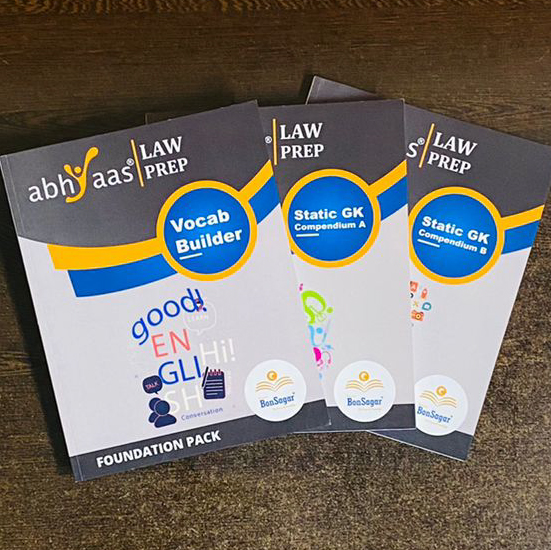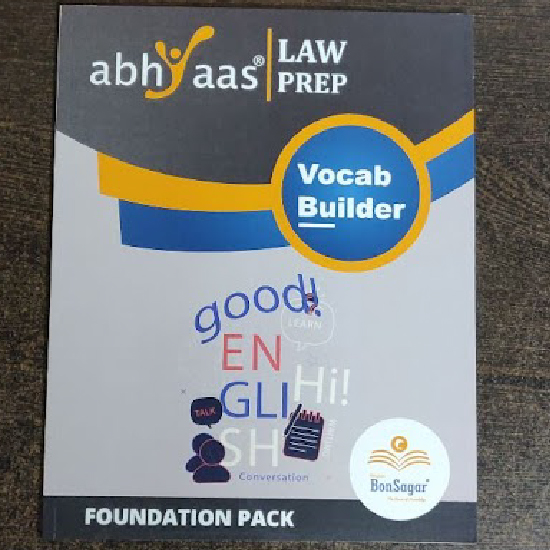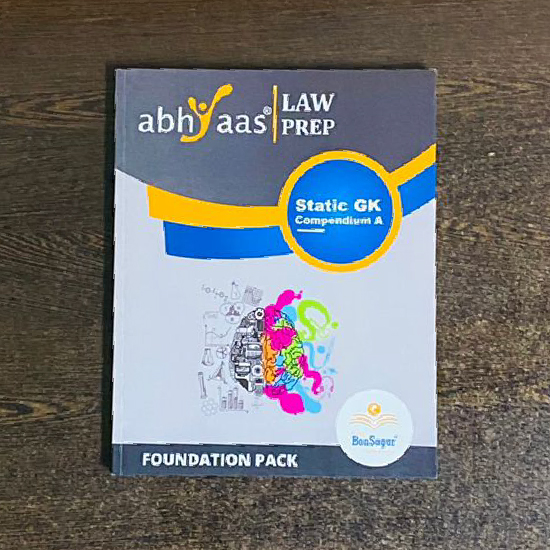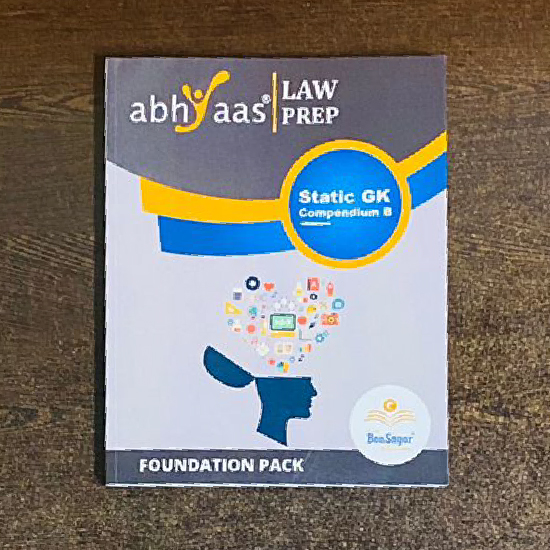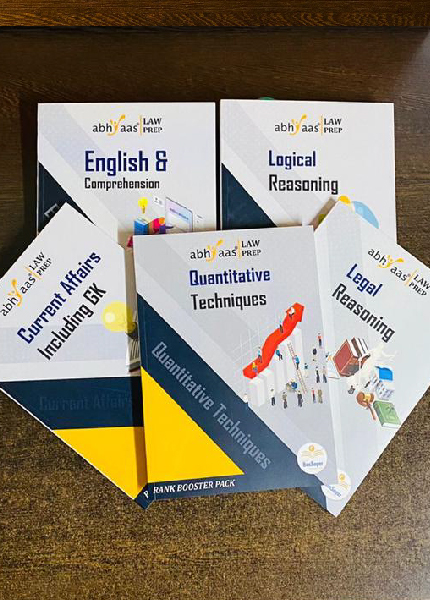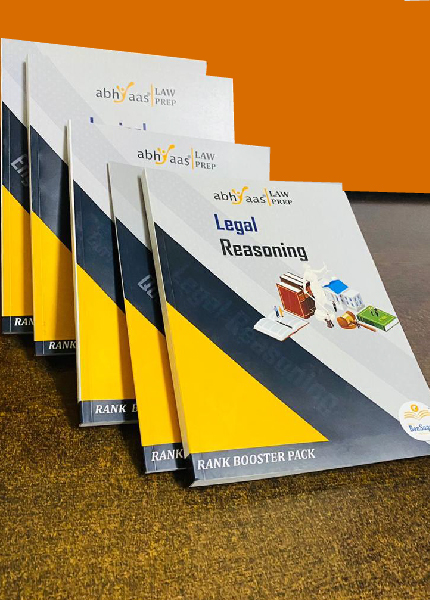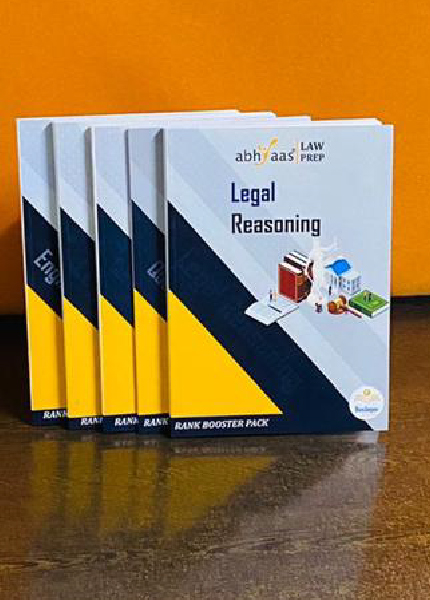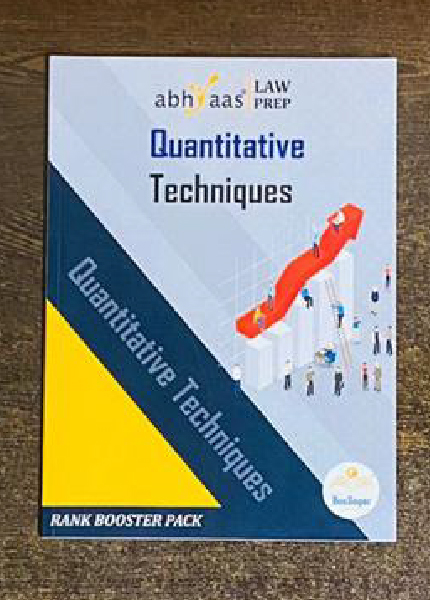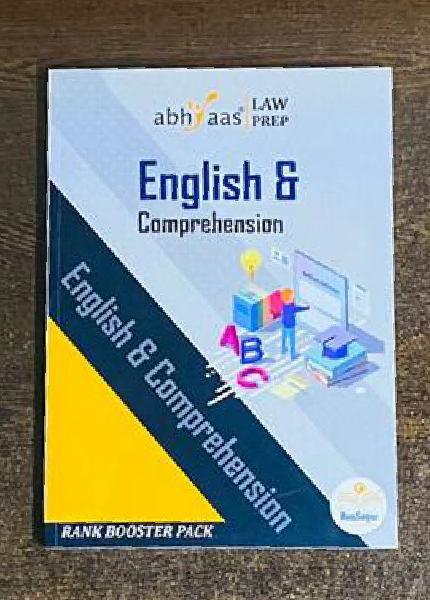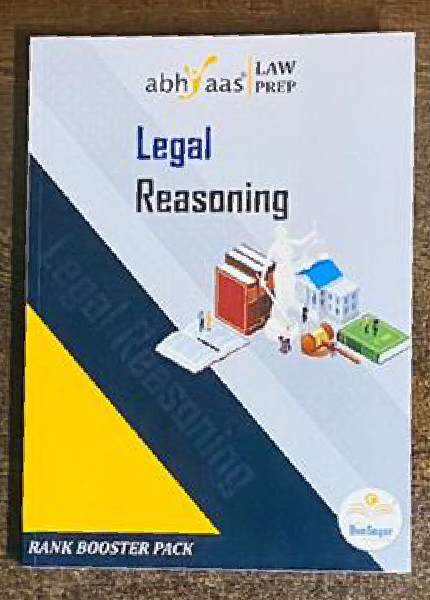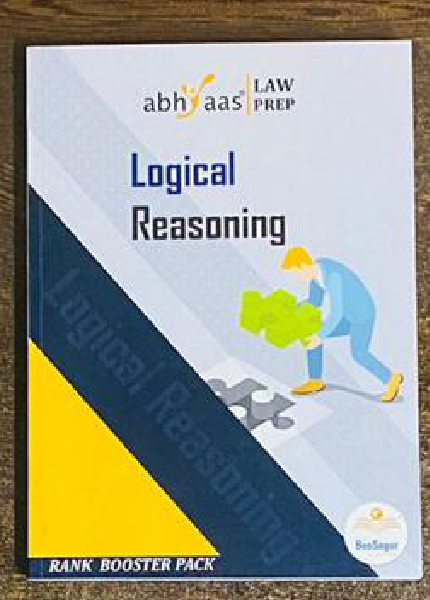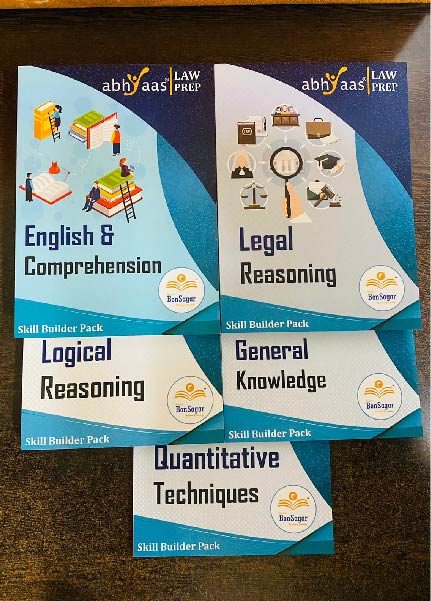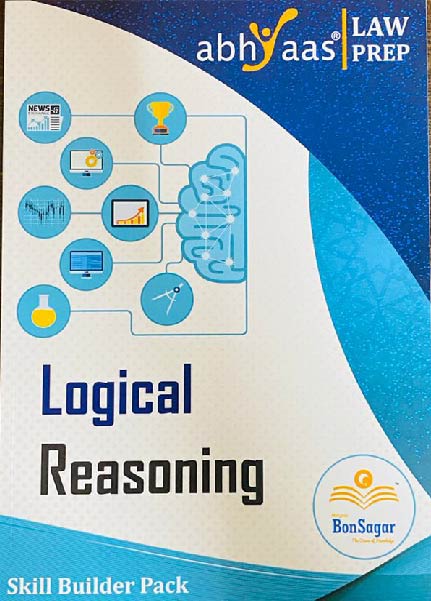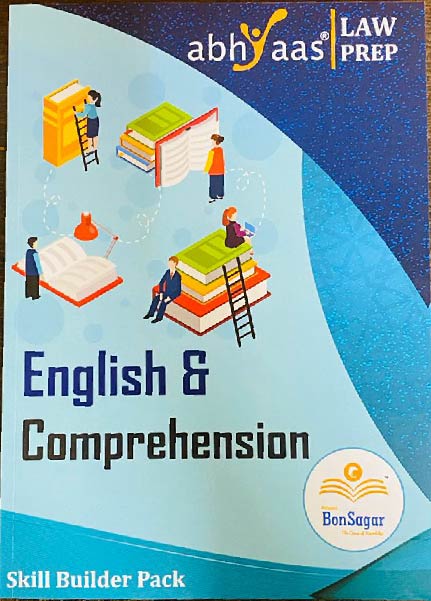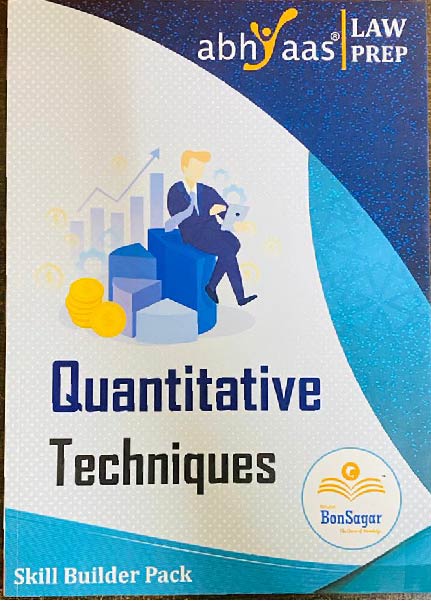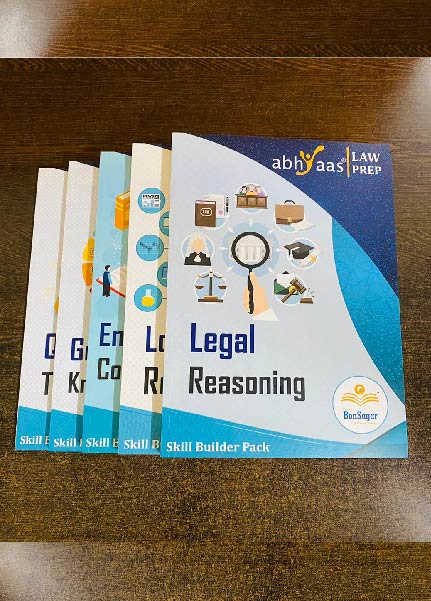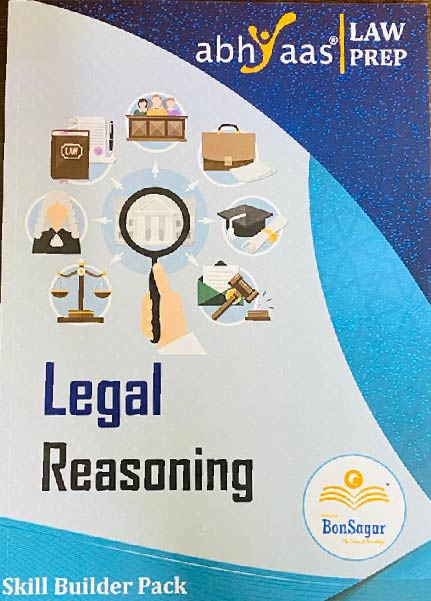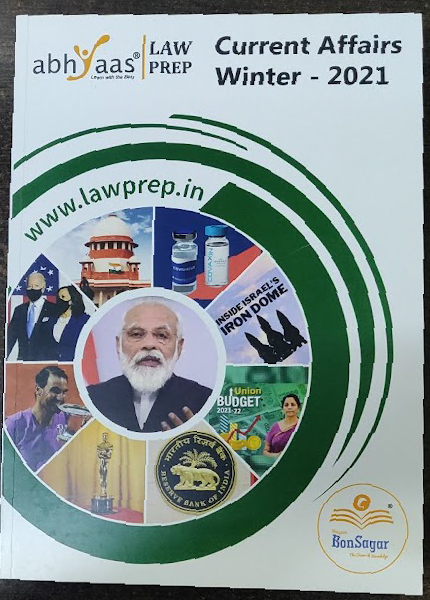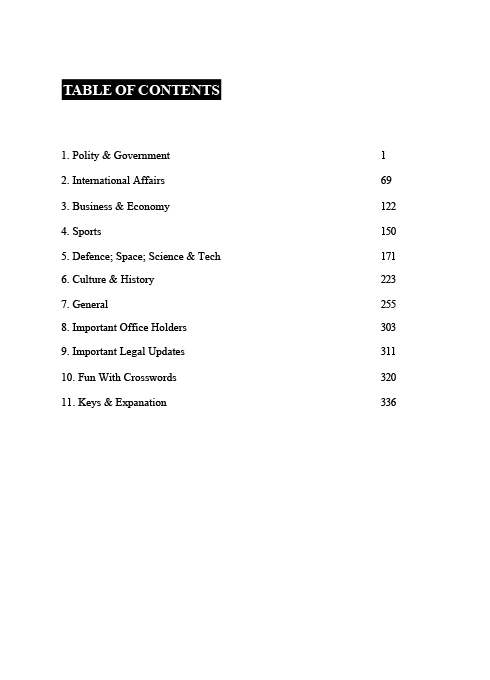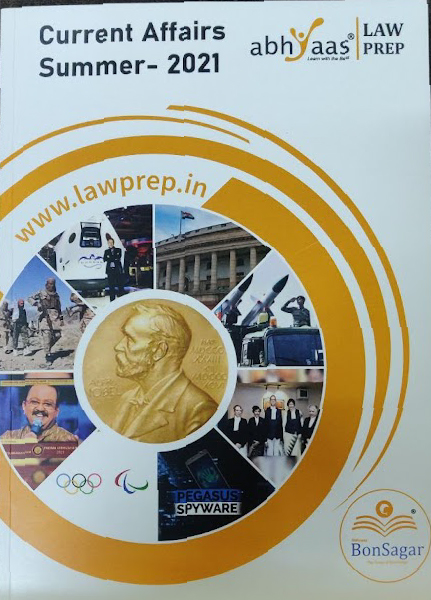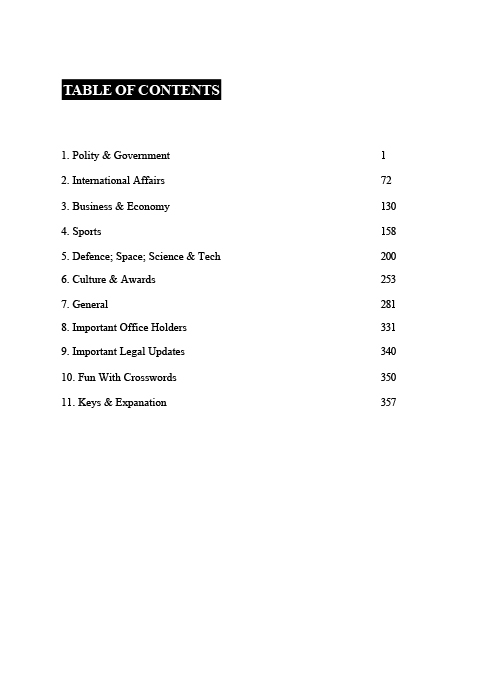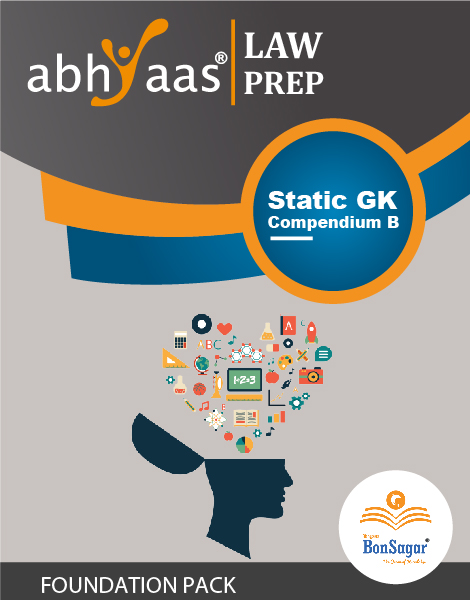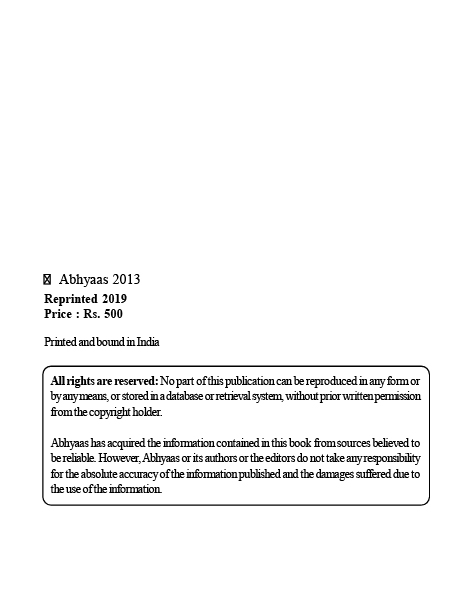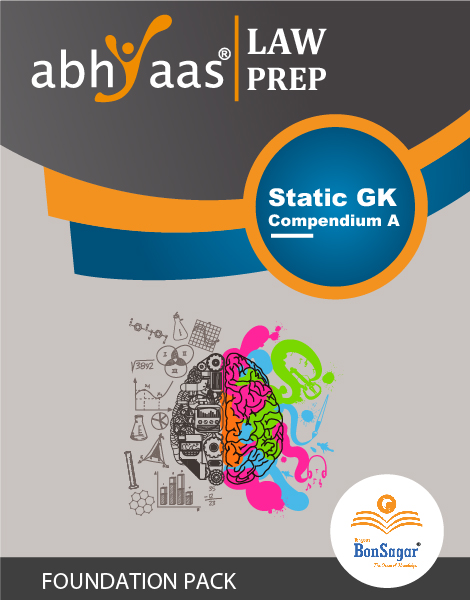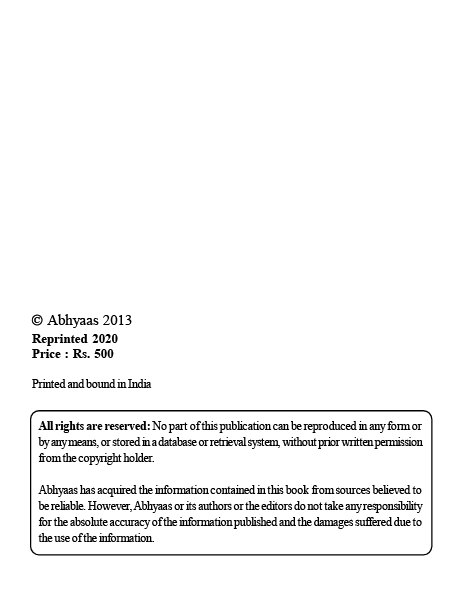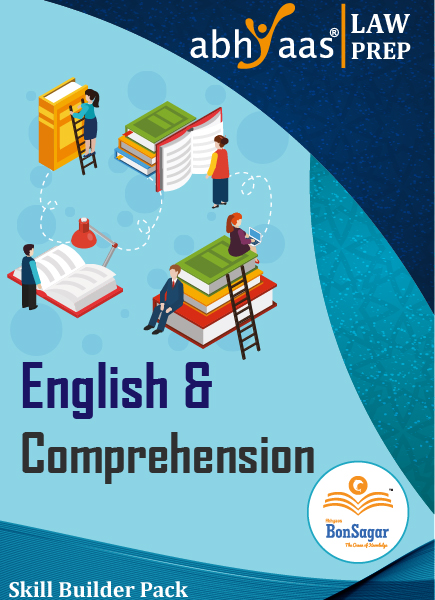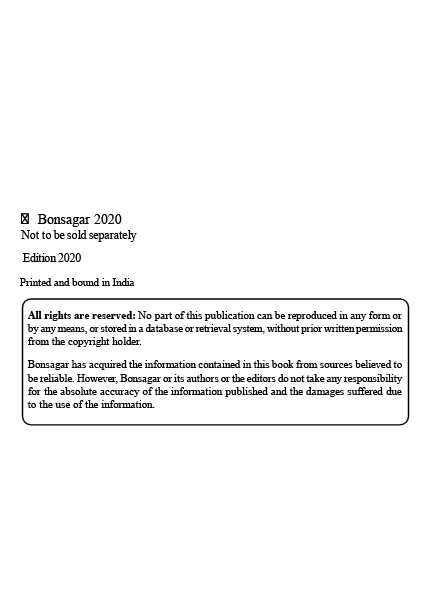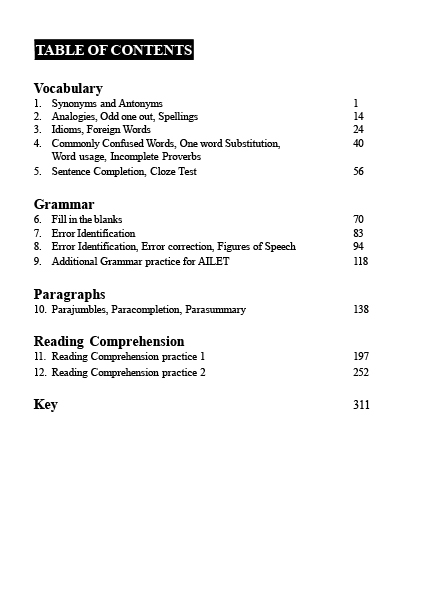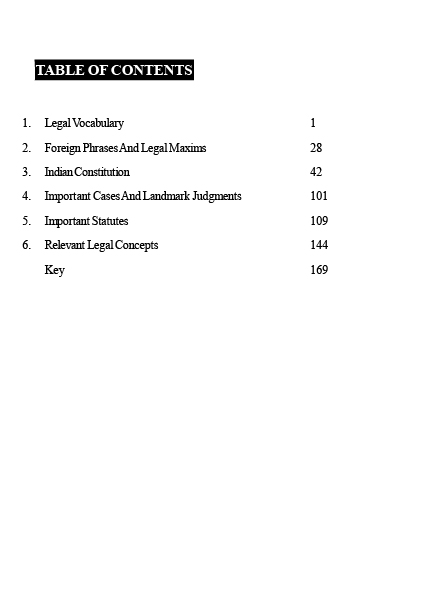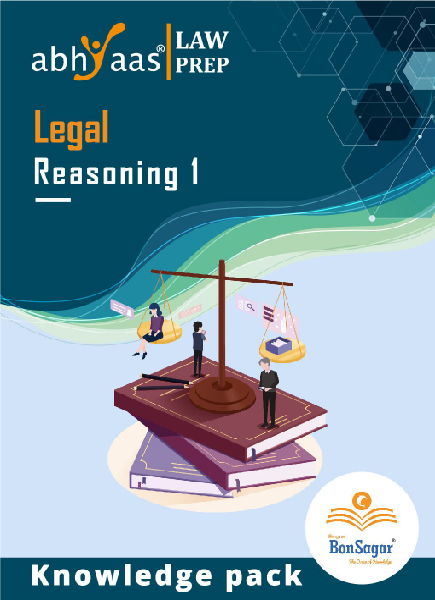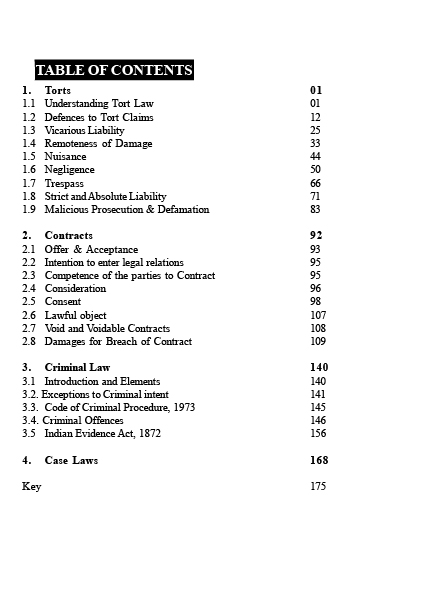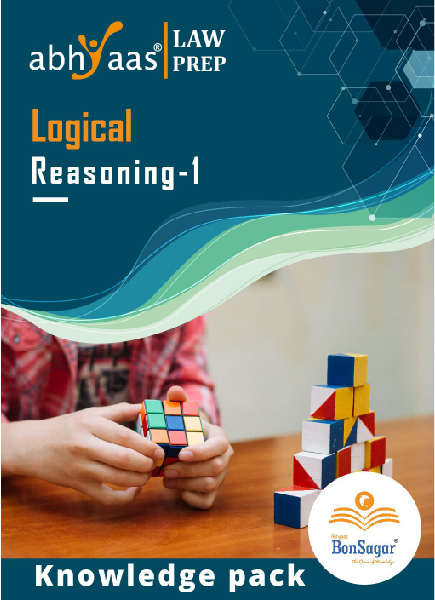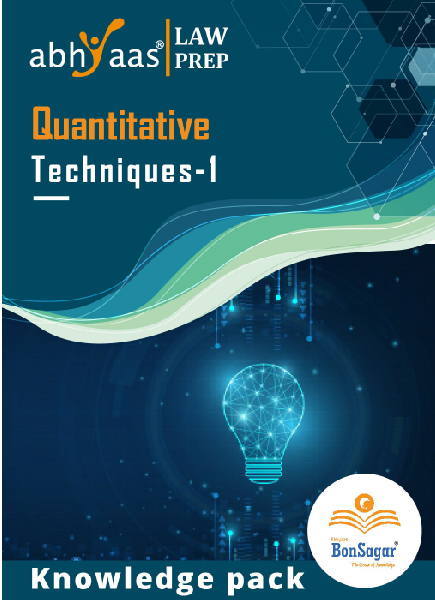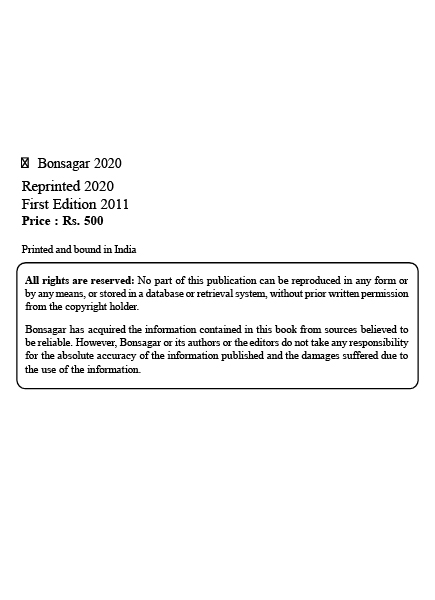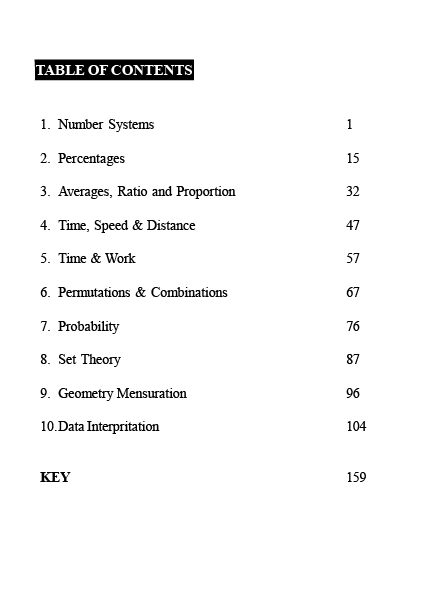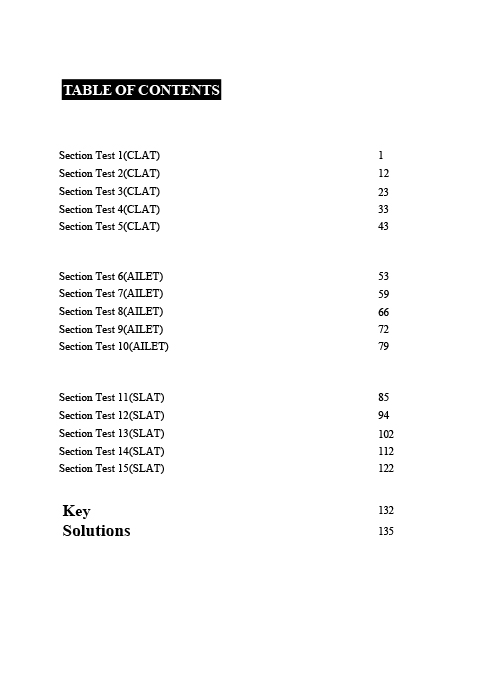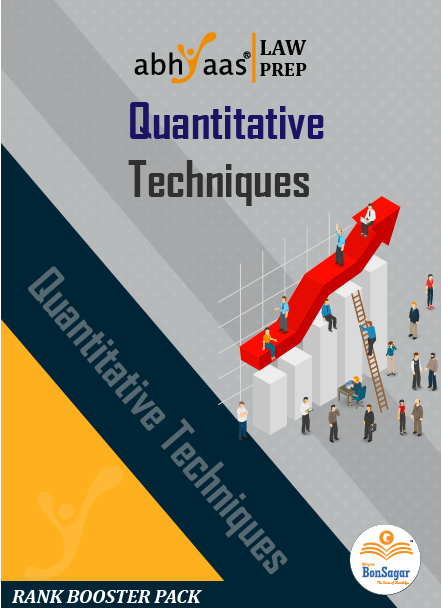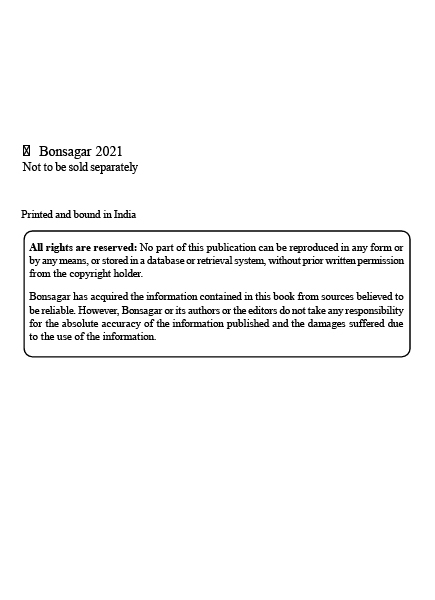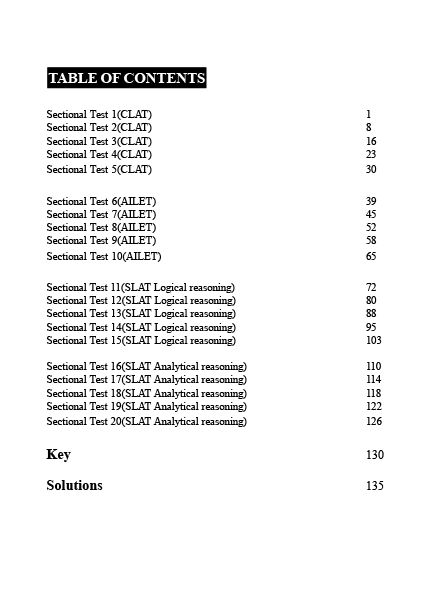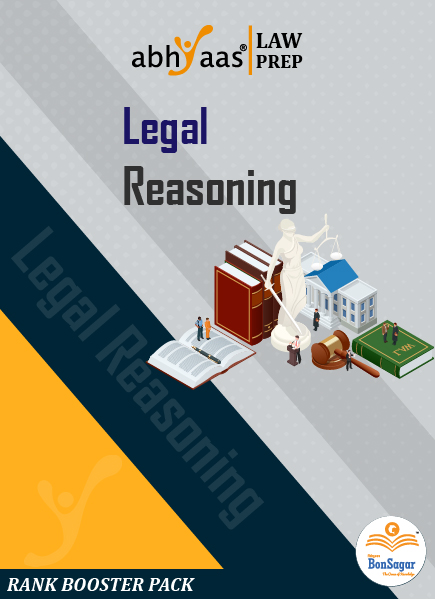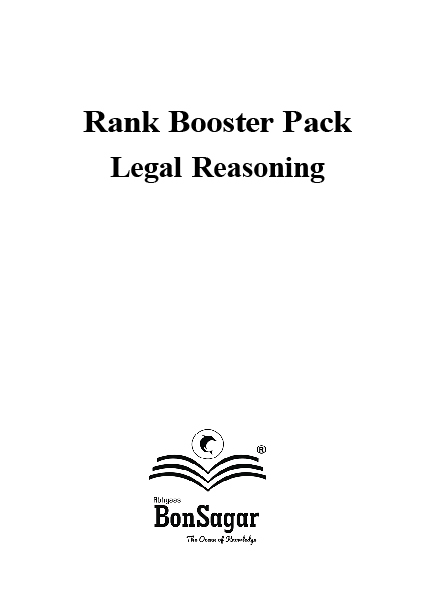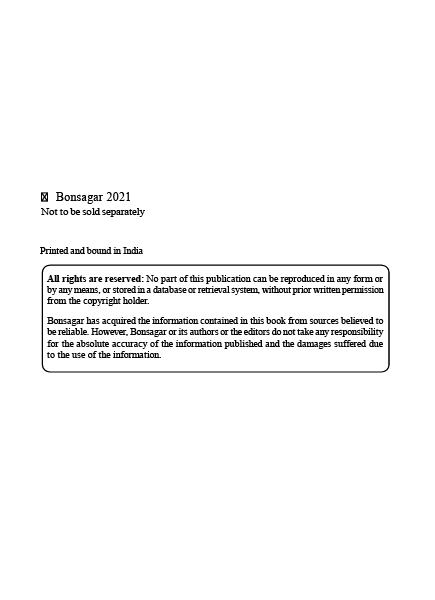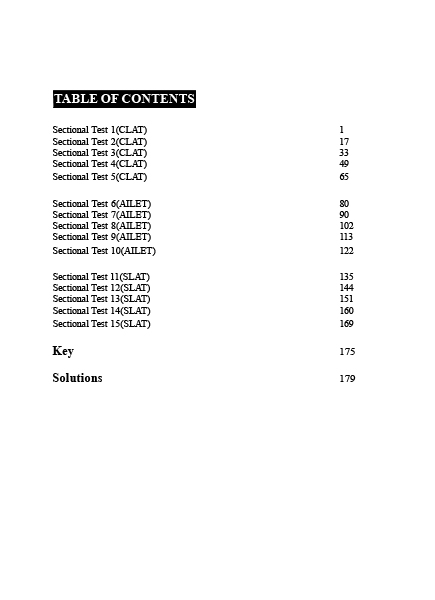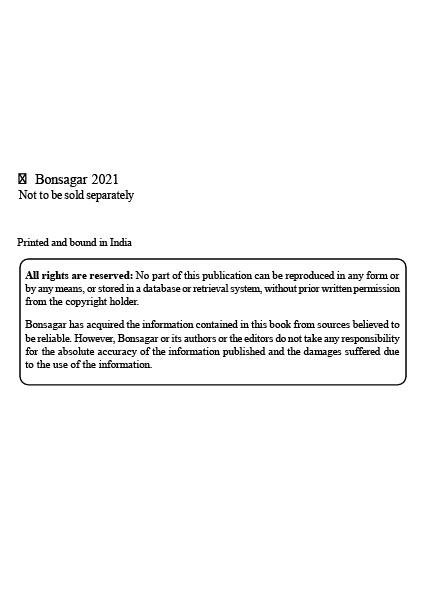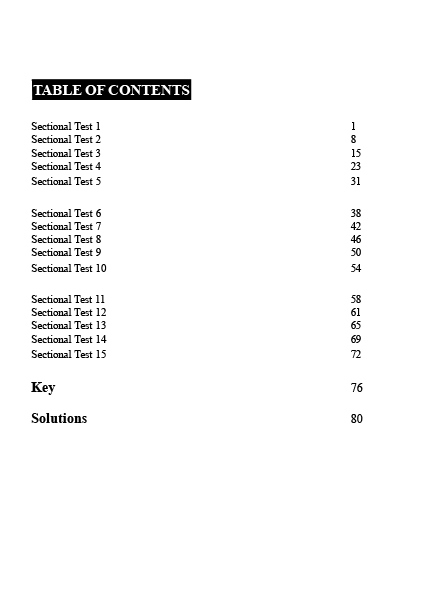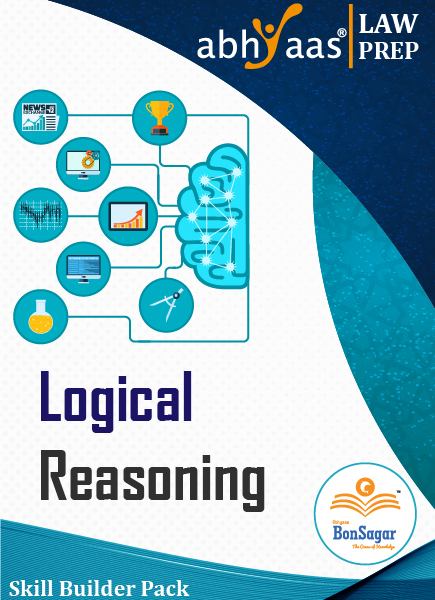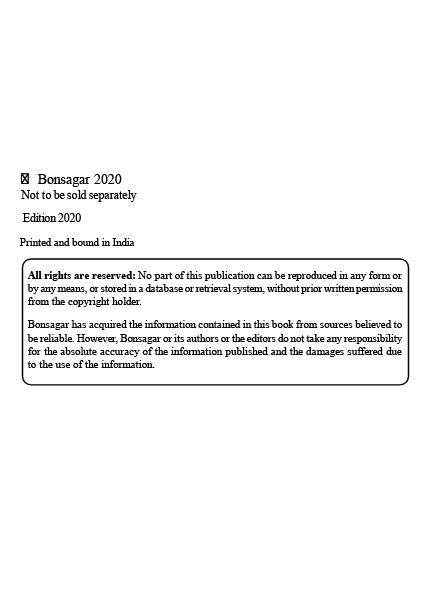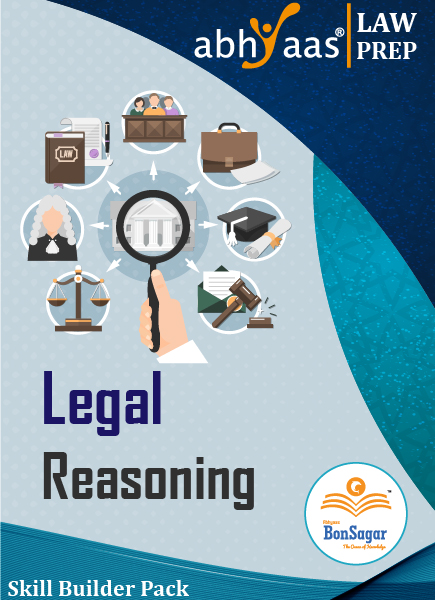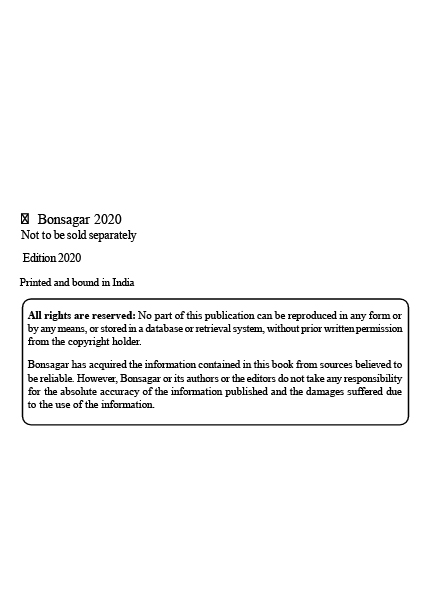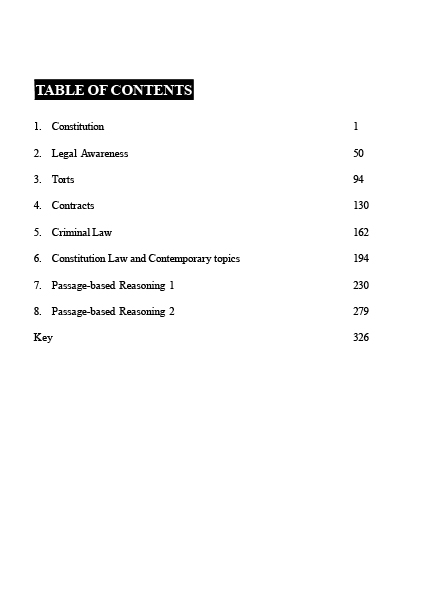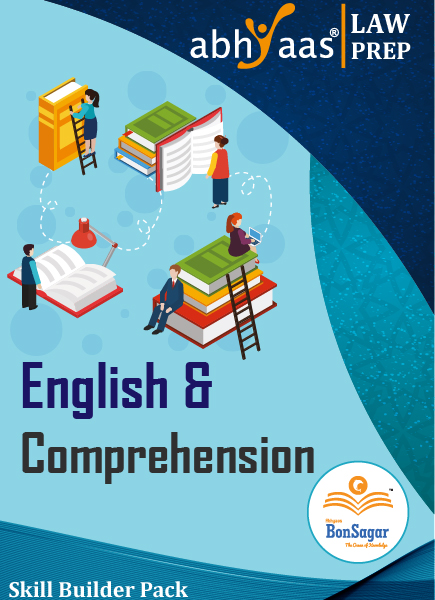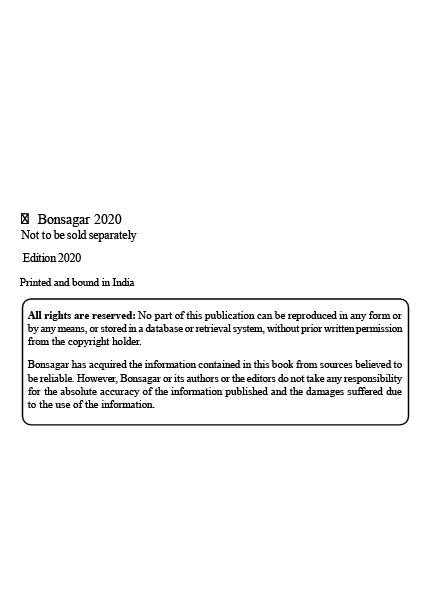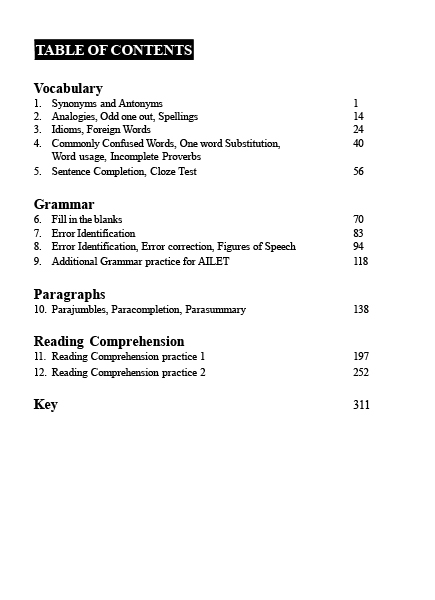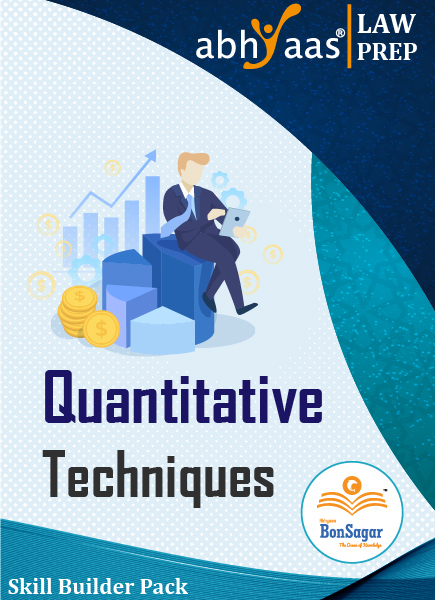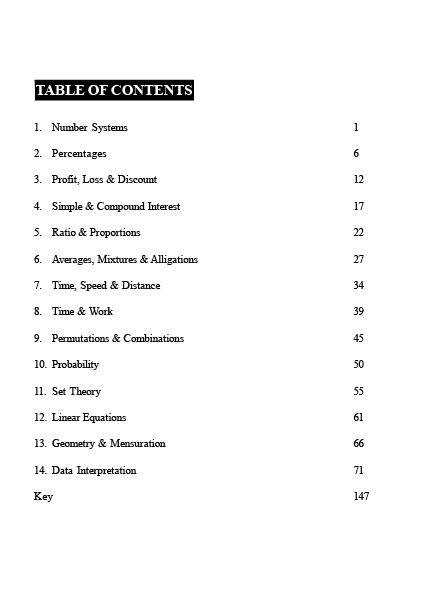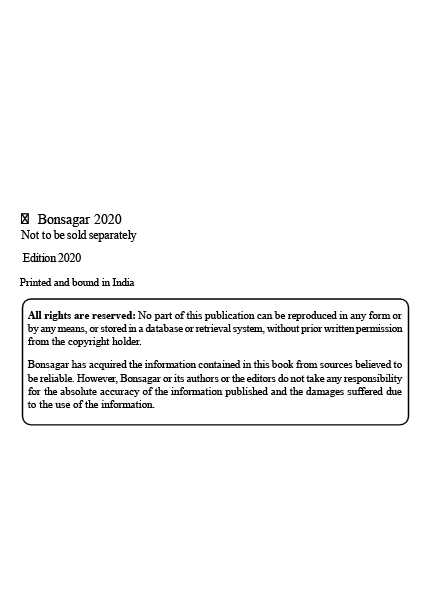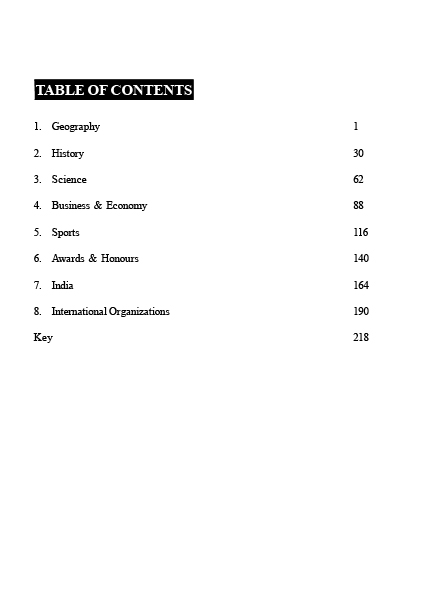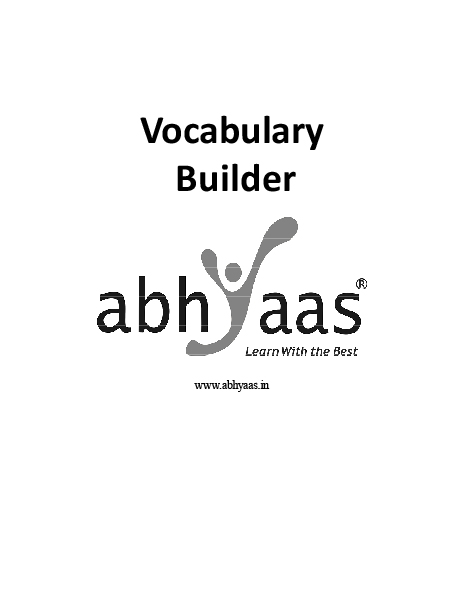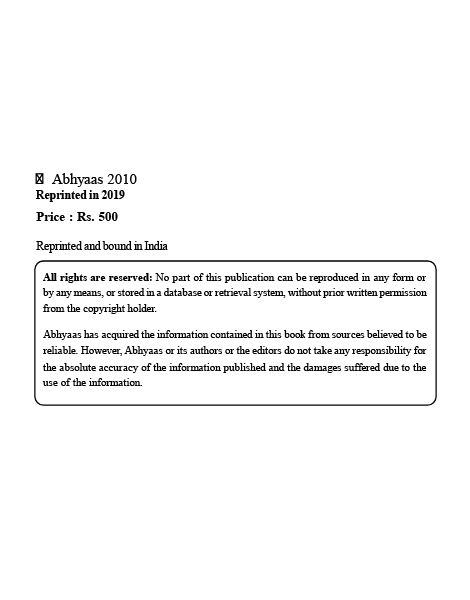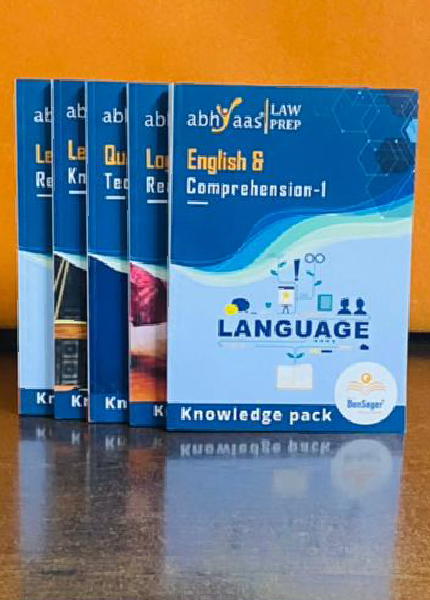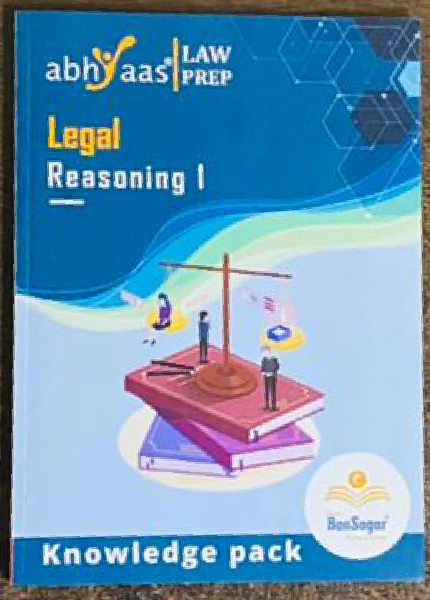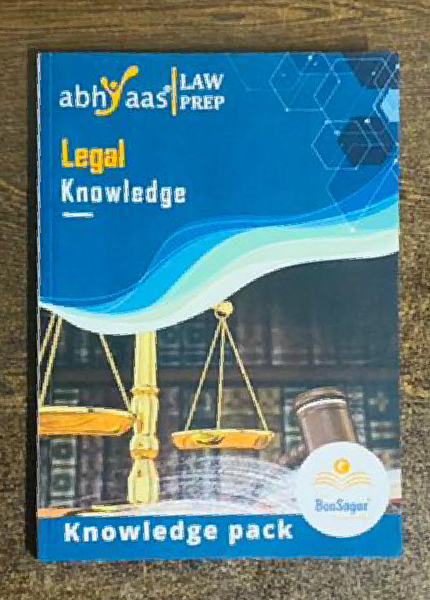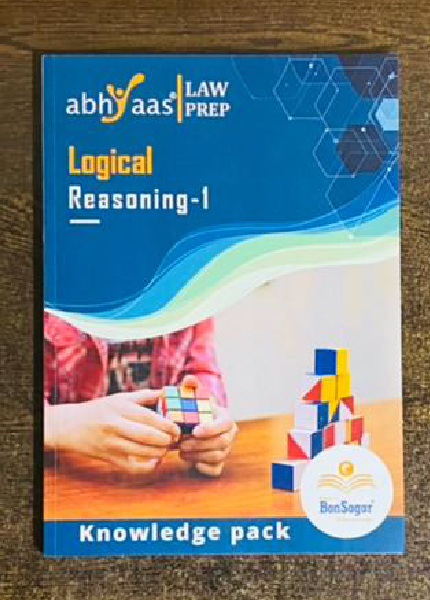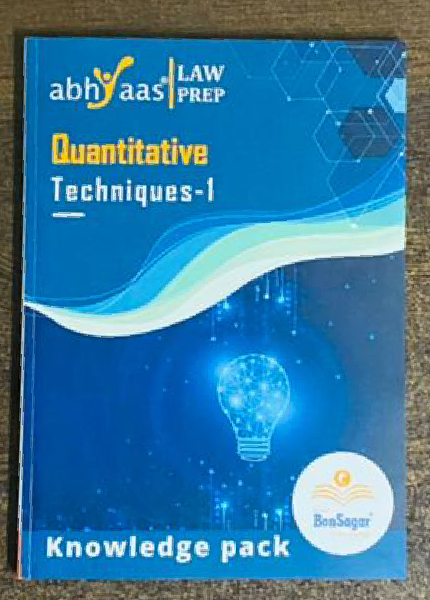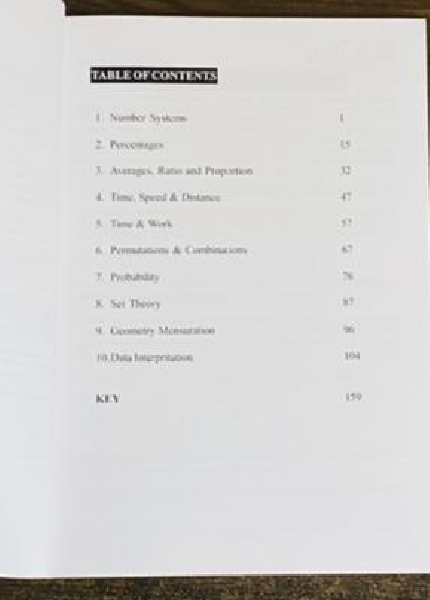
WHAT AFTER WRITING CLAT
WHAT AFTER WRITING CLAT
One of India’s most famous law schools admits students through the Common Law Admission Test (CLAT), a competitive admission test. Being CLAT-certified is a significant accomplishment for prospective lawyers. But when you’ve finished this vital stage, you might wonder what comes next regarding your legal career. This article seeks advice and insights into the possibilities open to law graduates after taking the CLAT. We will investigate the various paths that influence your career trajectory, from seeking further education to entering the legal field.
Continuing Your Education:
After passing CLAT, one of the most common alternatives for law graduates is to continue their studies in the legal area. Improving your grasp of specific legal fields can include earning a Master’s degree or enrolling in specialised courses. Several possible choices consist of:
A Master of Laws (LL.M.) degree gives students the chance to specialise in a particular field of law, such as corporate law, international law, or constitutional law. It deepens your understanding of legal ideas and broadens your knowledge in your selected area.
Doctor of Philosophy (PhD) in Law: Earning a PhD in law enables you to do in-depth study in a particular branch of law. This choice is appropriate for people who want to pursue academic careers, teach, or undertake in-depth legal study.
Foreign LLM Programmes:Numerous reputable universities overseas provide LL.M. programmes that expose students to various legal viewpoints and foreign legal systems. You may widen your views and increase your employment options by pursuing an LL.M. overseas.
Diploma and Certificate Courses: In addition to conventional degrees, a wide range of diploma and certificate programmes are offered that concentrate on specialised legal topics, including intellectual property rights, alternative conflict resolution, or human rights law. These quick courses can improve your abilities and increase your employability in particular legal fields.
Practise Law
There are numerous ways for those who want to start their legal profession right away after passing the CLAT to do so. These may consist of the following:
Law firms: Upon graduating from law school, many people choose to work for a legal firm. Law companies offer opportunities for professional development and exposure to a variety of legal issues. You can begin as an associate, get real-world experience, form client connections, and progressively advance to partner status.
Litigation: If you enjoy making arguments in court and representing clients, a career in litigation may be for you. You can represent clients in courts, tribunals, and other conflict resolution venues by joining a senior advocate’s chamber or starting your own independent practice.
Corporate legal departments: Both large and small businesses frequently have internal legal departments that manage their legal matters. Being a part of a corporate legal team allows you to see things from a different angle since you will be working directly with the firm’s business operations while giving legal counsel, preparing contracts, and managing regulatory compliance.
Public Sector and Judiciary: Law graduates might also investigate chances in the public sector, such as working for regulatory agencies, public prosecutors’ offices, or government legal departments. In order to get seats as judges in the lower judiciary, aspirant judges might furthermore show up for judicial services tests.
Legal Research and Policy Organisations: Working with research institutes, think tanks or non-governmental organisations (NGOs) may be rewarding for people with a passion for legal research, policy analysis, and advocacy. These groups concentrate on examining legal matters, influencing public policy, and bringing about social change.
Alternative Careers in Law
The CLAT provides openings to legal employment outside of the typical ones. With these unconventional possibilities, recent law graduates may apply their legal expertise and experience to a variety of sectors. Alternative legal professional pathways include the following:
Legal journalism: Covering legal cases, analysing legal trends, and writing for newspapers, journals, or online media, legal journalists combine their legal expertise with journalism. Connect law and media through this line of work
Legal Consulting:Attorneys with a law degree might operate as legal consultants, advising companies or private citizens on legal issues. Contract review, regulatory compliance, or legal risk management are a few examples of this.
Legal compliance and risk management are topics that businesses are recognising as being more important. Law graduates have the opportunity to work in compliance departments, ensuring that businesses follow all applicable laws and regulations.
Alternative Dispute Resolution (ADR): Alternatives to traditional litigation include ADR techniques like arbitration and mediation. Law graduates with a focus on ADR can serve as arbitrators or mediators to help resolve issues outside of court.
Conclusion
Your road towards a legal career continues once you write the CLAT. When you pass the test, a universe of opportunities and possible directions opens up for you. It’s crucial to match your choices with your interests, skills, and long-term goals, whether you decide to pursue more education, a career in law, or one of the alternative legal occupations.
Make educated judgements about the course you want to follow by taking into account your own goals, evaluating the options available, and doing your due diligence. Being open to new experiences can help you effectively negotiate the constantly changing legal environment. Keep in mind that your legal profession is a continual process of growth and learning.
Your future is well-established no matter which route you take, thanks to your CLAT achievement. To create a fruitful and significant career in the legal field, seize the possibilities that come your way, remain inquisitive, and keep improving your legal abilities.
The thrilling adventure in the world of law has only just begun with the writing of CLAT. Even though the test provides doors to elite legal schools, it’s important to research and considers all of your employment alternatives. Law graduates have a variety of career options, including pursuing higher education, entering corporate or litigation practice, choosing civil or judicial service, investigating legal journalism, thinking about alternative conflict resolution, or engaging in legal academics and research. Each path has special difficulties and benefits that let people have a significant influence on the legal profession.






